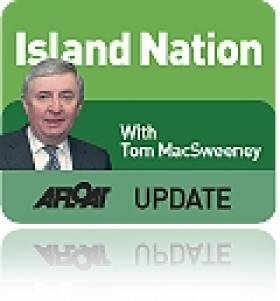Displaying items by tag: Rob Davies
Commodores' Cup Celebration Dinner to be Held at Royal Cork
Team Ireland boats, Antix - Anthony O Leary, Marinerscove.ie - Dave Dwyer and Roxy 6 - Rob Davies and Andrew Creighton, will be represented on the night.
The dinner cost will be €30 and booking will be on first come/first served basis. Book with [email protected] or call 021 4831023.
Success at Last!
The world trophy for offshore cruiser racing is in Irish hands and Cork has dominated the successful assault on the Commodore's Cup in the hallowed waters of Cowes, centre of British yachting writes Tom MacSweeney.
Several times in previous years the Irish team were favourites, leading the event, with the cup seemingly in their grasp, but were beaten on the last day of the event. This year they led from the opening day. Maintaining their lead to the finish after five days of racing.
Putting just one team of three boats into the competition this year proved the best approach. Like other competing nations such as the UK and France, Ireland had entered previously entered several teams. But the result was internal rivalry that did not bring overall Irish victory.
On Saturday last as the Commodore's Cup fleet of 30 boats, representing 10 nations, headed into the Solent off Cowes for the final day's racing, Ireland was again in the lead. The crews of the Irish team's three boats - Antix, Marinerscove.ie and Roxy 6, were conscious of what had happened to their predecessors and how victory had been snatched away on the last day.
Throughout the week they had built a commanding lead, each of the team boats achieving top fleet positions racing in three different classes. It seemed they were almost certain to win the cup, but those thoughts were being forced aside, almost as if concentrating on them might jinx the final outcome.
With the team boats all from the Royal Cork, one competing in each class, the sailors all knowing each other, there was to be no repeat of previous years. Then there had been internal skirmishing between the several Irish teams on the final day, jockeying for positions, but seemingly focus to bring overall victory.
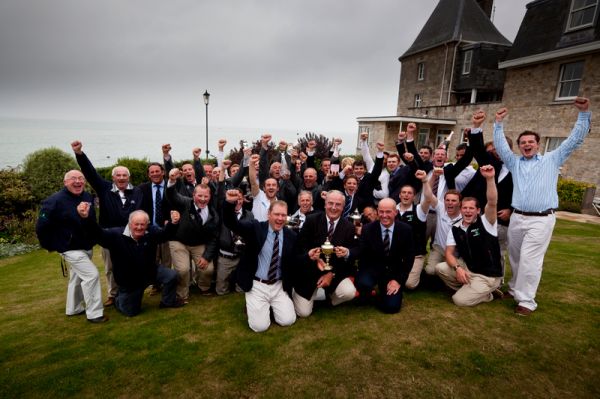
Ireland celebrates victory in Cowes last weekend. Photo: David Branigan
There was plenty of skirmishing and jockeying with opponents on the start line for the final race last Saturday when one French boat tried to protest Antix out of Class 1 in an incident before the start. Anthony O'Leary, skippering Antix, kept his cool and took a penalty time turn allowed under the rules, avoiding what could have been a messy protest. The crew of Antix sailed her so well that she made up lost time at the start during the race. When the French protested at the end of the race, they lost out, having overlooked that Antix had taken the penalty before the race started
Sweet justice for an Irish team when one remembers what happened in another world cup sport!
Strong, gusty winds, dominated the final day, but all three Irish boats sailed well. Antix finished second in Class 1, while Dave Dwyer's Marinerscover.ie revelled in the conditions with another first place in Class 2 while Rob Davies' Roxy 6 was second in Class 3, keeping the Irish team out in front, aggregated on the overall results.
At the rather upper class Royal Yacht Squadron in Cowes, it was a great sight when the 50-strong Irish contingent of crews, team management and shore support staff were invited on stage at the presentation ceremony. Their haul of prizes included being the best European team at the event, the best team in both offshore and inshore races during the week and of course, the Commodore's Cup, a long-awaited victory.
After the formalities, Cowes echoed to the sound of the Irish singing The Fields of Athenry in the Pier View pub which had been unofficial headquarters for the team during the week.
The team was organised by the Irish Cruiser Racing Association under the auspices of the Irish Sailing Association. Management was led by Commodore Barry Rose from the RCYC, with Denis Kiely from Kinsale Yacht Club; Mike Broughton, Norbert Reilly and Fintan Cairns, former ICRA Commodore. He had led previous attempts to win the cup.
This is a great achievement, adding to the standing of Irish sailing internationally. All those involved, the boat owners, skippers, crew, team management and shore support deserve the highest praise. That Cork has had such a dominant involvement in Ireland's victory is marvellous.
In youth sailing, Cork sailors are continuing to stamp their mark nationally. I have been highlighting the achievements of young Optimist sailors, which were added to at the national class championships, sailed at Waterford Harbour Sailing Club. This is based in Dunmore East where huge swells are typical conditions as the seas roll into that fishing port.
Peter McCann from the Royal Cork sailed magnificently to become Senior Open and National Champion. Second to him was Peter Crosbie, also from the RCYC. Daire Cournane, a member of both the RCYC and Kinsale YC dominated the junior fleet, winning the open and national championship titles.
Another young sailor has caused so much controversy that the World Sailing Speed Record Council has decided it will no longer give recognition to records for "youngest" sailors, "to avoid encouraging dangerous sailing attempts." Guinness World Records has made a similar decision. Both were announced as 14-year-old Dutch girl Laura Dekker began a bid to become the youngest person to sail alone around the world. She had planned to leave from Portugal, but Portugese law does not allow minors to sail alone. So she left from Gibraltar instead.
A Dutch Court previously blocked her attempt at the request of child protection agencies, though her parents, experienced sailors, have supported her. Born on a yacht, she maintains she is competent to make the voyage which will not be non-stop. Dekker will call at several ports.
Earlier this year Australian Jessica Watson completed a non-stop 210-day round-the-world voyage at the age of 16. In June another 16-year-old, Abby Sunderland, was rescued in the Indian Ocean when she and her boat got into difficulties.
If Laura Dekker does complete her voyage, it will not get official record recognition.
• This article is reprinted by permission of the CORK EVENING ECHO in which Tom MacSweeney writes maritime columns twice weekly. Evening Echo website: www.eecho.ie
Commodores Cup: Send YOUR Good Luck Wishes HERE!
MANY OF YOU SENT GOOD LUCK WISHES AND NOW YOU CAN SAY WELL DONE TOO! SCROLL DOWN THE PAGE TO LEAVE YOUR CONGRATULATION MESSAGE!
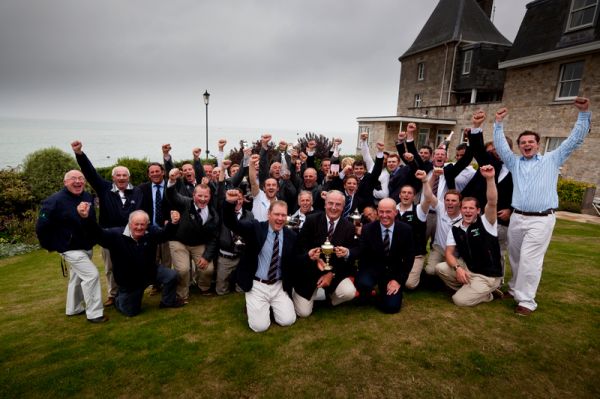
The ICRA Team Celebrations in Cowes, Photo: David Branigan
After a series of near misses in the Commodores Cup, there are many reasons why 2010 was an entirely appropriate timing for an Irish win in Cowes today.
Ireland's single three boat team (below) faced stiff opposition in the final ten team line up. Individual performances this season though, including a win at the British IRC Nationals, is proof, were it needed, that Ireland still was always on course to win the Commodores Cup.
Ireland's team on the Solent was Royal Cork based; Antix, Anthony O'Leary (Ker 39); Marinerscove.ie David Dwyer (Mills 39) and Roxy 6 Robert Davies (Corby 36). The full crew list for each boat is below, representing the very best of Irish sailing talent.
Third time lucky is how it was scripted in 08, but not how it was acted out. After first being jilted by the French and now, for the second time, by the English, the Irish could be forgiven for giving up on the cup but we never did. This victory represents the final week of eight months preparation for superb assault on the title.
PLEASE SCROLL DOWN TO THE END OF THE PAGE AND LEAVE YOUR CONGRATULATIONS MESSAGE!

Team Ireland 2010 Commodores Cup
Photos by Robert Bateman
IRL3939 Antix Anthony O'Leary (Ker 39)
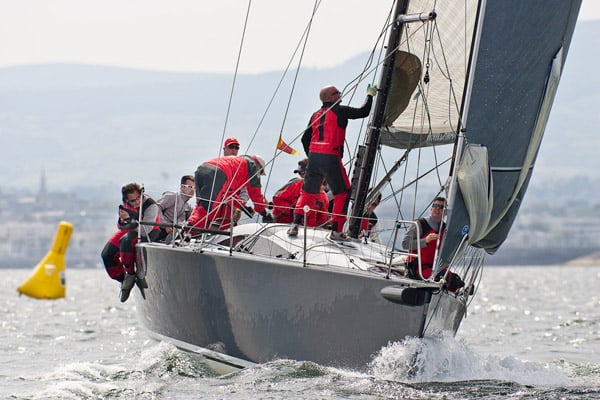
Anthony O'Leary (IRL)
David Lenz (GBR)
Peter O'Leary (IRL)
Ross Deasy (IRL)
Brian Lennon (IRL)
Stephen O'Sullivan (IRL)
Eoin Leahy (IRL)
Frederick Cudmore (IRL)
Simon Johnson (IRL)
Rory O'Sullivan (IRL)
Jimmy Houston (GBR)
Derek Moynan (IRL)
Tom Durcan (IRL)
Robert O'Leary (IRL)
Darragh O'Connor (IRL)
IRL39000 Marinerscove.ie David Dwyer (Mills 39)
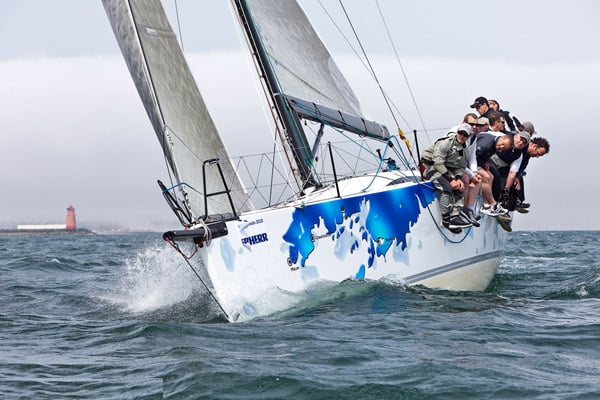
Andy Beadsworth (GBR)
David Bolton (IRL)
Padraig Byrne (IRL)
Alan Curran (IRL)
David Dwyer (IRL)
Bernard Fitzpatrick (IRL)
Brian Heneghan (IRL)
David Love (IRL)
Tom Murphy (IRL)
Nicholas O'Leary (IRL)
Clive O'Shea (IRL)
Sandy Rimmington (IRL)
Chris Schirmer (GBR)
Don Wilson (IRL)
IRL36000 Roxy 6 Robert Davies (Corby 36)
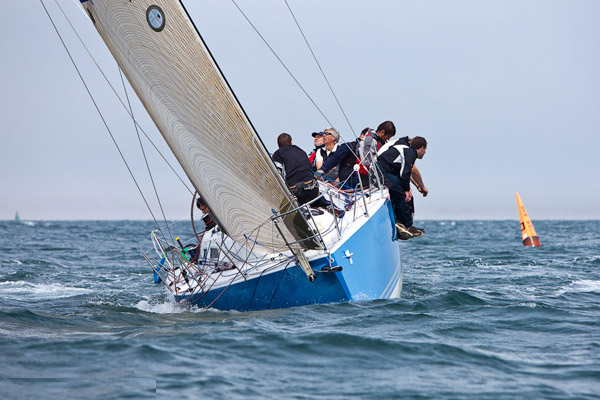
Rob Davies (GBR)
Andrew Creighton (IRL)
Marty O'Leary (IRL)
Jim Hughes (IRL)
Paul Farries (GBR)
Nelson Moore (IRL)
Tom Whitburn (GBR)
Michael Liddy (IRL)
Aidan O'Connell (IRL)
Maurice O'Connell (IRL)
Team Management:
Barry Rose, Fintan Cairns, Denis Kiely, Mike Broughton and Norbert Reilly
- RORC
- Anthony O'Leary
- Norbert Reilly
- ICRA
- Eoin Leahy
- Maurice O'Connell
- Commodores Cup
- Fintan Cairns
- Peter O'Leary
- antix
- Mike Broughton
- roxy 6
- Mariners Cove
- David Lenz
- Ross Deasy
- Brian Lennon
- Stephen O'Sullivan
- Frederick Cudmore
- Simon Johnson
- Rory O'Sullivan
- Jimmy Houston
- Derek Moynan
- Tom Durcan
- Robert O'Leary
- Darragh O'Connor
- Andy Beadsworth
- David Bolton
- Padraig Byrne
- Alan Curran
- David Dwyer
- Bernard Fitzpatrick
- Brian Heneghan
- David Love
- Tom Murphy
- Nicholas O'Leary
- Clive O'Shea
- Sandy Rimmington
- Chris Schirmer
- Don Wilson
- Rob Davies
- Andrew Creighton
- Marty O'Leary
- Jim Hughes
- Paul Farries
- Nelson Moore
- Tom Whitburn
- Michael Liddy
- Aidan O'Connell
- Barry Rose
- Denis Kiely



























